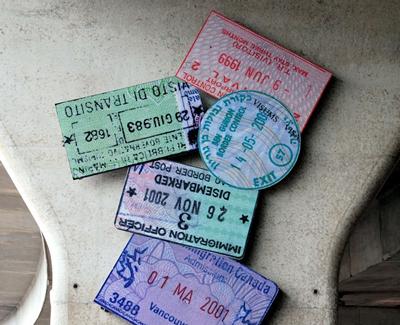
Why do people migrate? What are the main outcomes of migration? Is migration conducive of development? Is migration changing our labour markets? Migration has always been part of human life. In recent decades, discourses about migration have become more prominent in the political and policy arena in many countries of the world and also at an international level. International migration has also challenged our understandings of nation-states, citizenship and the ways in which we organise our societies. This course aims at giving you an overview on the overall patterns of international migration, what is specific about migration in a globalised world, and how can we explain mobility patterns. In addition, you will also be introduced to some of the impacts of international migration, particularly in relation to family life, remittances and development, as well as new forms of mobility in the labour market, such as the high-skilled and other privileged migrants.
Session 1. Introduction to International Migration, General Trends and Theories of Migration
Session 2. Transnationalism: Families, Remittances and Development
Session 3. Class and Ethnicity in Migration: Aid Professionals and Other Privileged Migrants
The academic organising this topic is Dr María Villares-Varela, Lecturer in Sociology and Social Policy.